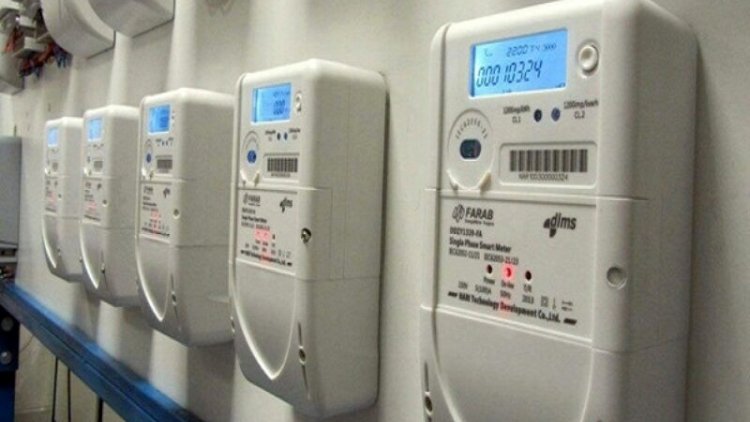Following the recent increase in electricity tariffs, the 11 distribution companies in the country are allowed to collect a total of N417.09bn from their customers from September to December, PUNCH reports.

The Discos had early this month announced what they called ‘new service reflective tariff’, which took effect from September 1, with the tariffs being charged residential consumers receiving a minimum of 12 hours of power supply rising by over 70 per cent.
The amounts recoverable by the Discos through the allowed end-user tariffs range from 61 per cent to 90 per cent of the total revenue required, according to the Nigerian Electricity Regulatory Commission.
The tariff shortfall, which is the difference between the Discos’ revenue requirement and the amounts they are allowed to recover from their customers by the regulator, will be funded by the Federal Government.
The PUNCH had reported that the Federal Government would fund a tariff shortfall of N104.5bn that will be recorded by the Discos in the four-month period, according to the Nigerian Electricity Regulatory Commission.
Ikeja Disco is allowed to recover N66.52bn (90 per cent of its total revenue requirement) from September to December, a NERC document showed.
Eko Disco is allowed to recover N48.46bn (86 per cent); Kano Disco, N34.13bn (84 per cent); Abuja Disco, N49.16bn (83 per cent); and Enugu Disco, N38.81bn (82 per cent).
The amount recoverable by Kaduna Disco is N35.22bn (82 per cent: Ibadan Disco, N54.61bn (78 per cent); Benin Disco, N34.94bn (74 per cent); and Yola Disco, N13.34bn (71 per cent).
Port Harcourt and Jos Discos are allowed to recover N23.63bn (68 per cent) and N18.27bn (61 per cent) respectively.
NERC said the Power Sector Recovery Plan provided for a gradual transition to cost-reflective tariffs with safeguards for the less privileged in the society, adding that full cost-reflective tariffs would be charged by July 2021.
“The Federal Government, under the PSRP Financing Plan, has committed to fund the revenue gap arising from the difference between cost-reflective tariffs determined by the commission and the actual end-user tariffs during the transition to cost-reflective tariffs,” it added.
According to the commission, all the Discos are obligated to settle their market invoices in full as adjusted and netted off by applicable tariff shortfall approved by the commission.
It said the Discos would be liable to relevant penalties/sanctions for failure to meet the minimum remittance requirement in any payment cycle in accordance with the terms of its respective contracts with the Nigerian Bulk Electricity Trading and the Market Operator, an arm of the Transmission Company of Nigeria.
The Discos only collect an estimated 24 per cent of the tariff revenue, while the balance goes to the TCN, generation companies and other industry stakeholders, according to the Association of Nigerian Electricity Distributors.

